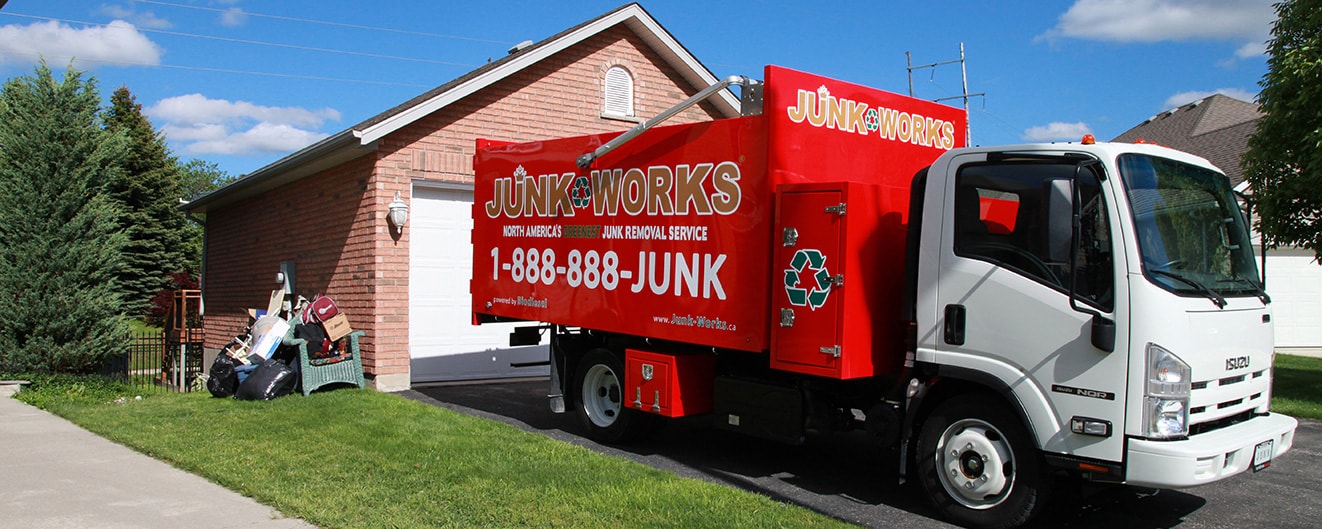The illegal dumping of waste has increased in many countries over the last few years. The culprits often dump their garbage during the night, when they are more likely to get away with it. Unbeknownst to many perpetrators, illegal dumping is very serious. Those who are caught and prosecuted can face hefty fines, penalties, and even serve jail time in some severe cases.
Here we will discuss illegal dumping as well as some rules, guidelines, and tips, such as procuring the services of a junk removal company, that can help you sort and dispose of your waste and effectively.
What is illegal dumping?
While there is no standard definition of what constitutes illegal dumping, the improper dumping of waste will usually fall into a few categories. For instance, a person, or corporate entity, that dumps their waste products into a waterway or sewer without a license would be illegally dumping waste.
Dumping waste on private or public property that is not legally designated as a waste disposal facility would also be considered illegal dumping. If you own a piece of land that is not licensed to receive waste, and you allow a corporation or a person to dump their waste on your land, then you would be prosecuted under the law for illegal dumping.
As for whether or not you will be charged with a felony or a misdemeanour, it will depend on how much you dump and the type of waste. Other variables to consider are whether an enterprise or a person is doing the dumping, and whether or not the party in question has committed such crimes in the past.
General Rules for Proper Garbage Disposal
The rules and guidelines that are outlined below will benefit virtually anyone, regardless of where they live. First and foremost, you will want to separate your garbage into burnable and unburnable categories. In most cases, the majority of your waste will fit into the burnable category.
Examples will include conventional refuse, as well as loose-leaf paper, clothing, and food. In any event, you should take anything that you can burn and place them together in a clear plastic bag so that people can see what is in it.
It should also be noted that many trash collectors will not pick up your garbage if they notice anything in the bag that is deemed non-burnable. Also, many communities now have their watchdog committees that will keep a close eye on their neighbours. This is to ensure that they are not illegally dumping items or violating local regulations.
How to Dispose of Non-Burnables and Recyclables
In many cities, items that are considered non-burnable will be picked up on a predetermined date. You will need to find out the specific pick-up date in order for your aluminum foil, light bulbs, ceramics, small electronics, and metallic items to be removed. If in doubt, please check with your local ward office or building complex.
Recycling should be done at any time the waste includes batteries, plastic bottles, cardboard, glass, cans, and paper. All of these must be sorted and placed in the appropriate receptacles. It is also important to remember that large quantities of cardboard and paper will need to be tied up before they are disposed of.
Cans, glass, and plastic bottles will usually have their own separate receptacles, clearly marked to make it easy for you to sort them. You should still take your time sorting in order to avoid making a mistake.
Any other items can usually be placed into bags without issue. Please remember to thoroughly wash any recyclable items, inside and out, before you dispose of them. Finally, you should remove the caps from your plastic water bottles, as they are considered recyclable plastic. You should also remove the labels from your plastic bottles, as they are considered burnable items.
What about larger items?
At this point, you may be wondering about what to do about larger items, such as certain E-Waste — computers, refrigerators, washing machines, printers etc. If you want to throw away large appliances, then you will need to pay out of pocket to have them hauled away. In other words, you cannot simply drag them to the curb and assume that your local garbage collection service will haul them away.
The good news is you can have such items removed from your property by calling a junk removal company in your area. Many are eco-friendly, which means they will not only remove large appliances and electronics but will also transport them to local recycling plants. Their components can then be salvaged and recycled.
Many will also donate your old items to a charitable organization if you wish. You could sell the items yourself, if you preferred, via auction sites or on a local classified site, such as Craigslist or Kijiji.
When to Throw Out Your Garbage
Garbage collection days will vary from city to city, albeit collection points will usually post their schedules for residents to see. It should also be noted that different types of garbage will be collected on different days of the week. Some will be removed more frequently than others, so it is best to plan ahead.
Besides, if you want to dispose of your garbage properly, then you should take it to a local collection point. Or, if you live in a condominium or apartment complex, then you may have a garbage room where you can throw your refuse down.
To learn more about garbage disposal rules in Toronto, call Junk Works at 1-888-888-JUNK or contact us here.
 Text Us
Text Us






